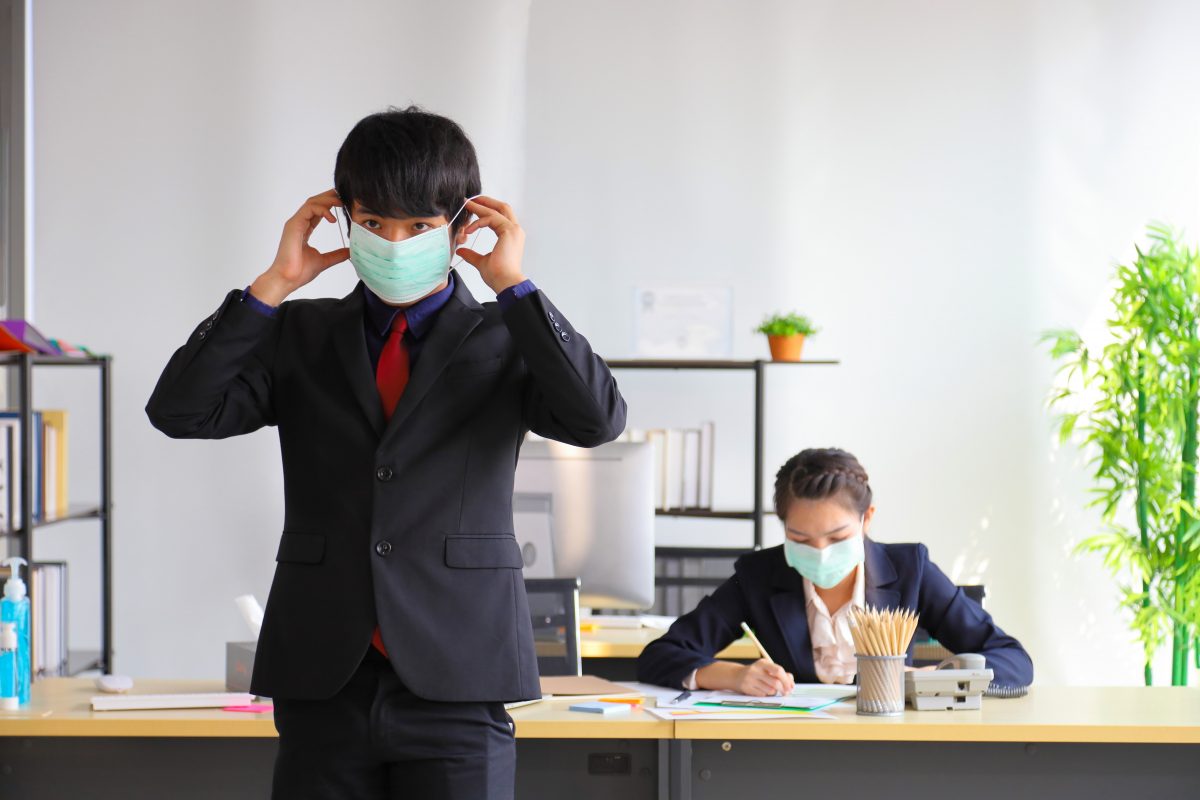The Covid-19 pandemic has brought some appalling consequences on the world. One unexpected impact has been the reappraisal and revaluing of the importance of the social world. Stephen Brookfield called them ‘disruptions’ and said that all real critical thinking comes from such disruptions. As a nation, as a society, as individuals, people have been forced to think beyond the economic. They are slowly beginning to recognise that it is not self-interest that makes for social progress. Instead, it is a higher calling of which everyone is capable. The sacrifices emergency workers make daily who respond to this higher calling are a poignant reminder. Protecting human life and reducing harm has become the most critical accountability of leaders.
Responses to the Covid-19 Pandemic
Civil society has never shone more brightly. Inspiring, spontaneous grass-root actions such as the national #virtual kindness movement have begun. Neighbourhoods of people sung from balconies and streets, clapping to thank emergency workers. For nations stuck indoors, social media has become the outlet to show support for each other. Singers and artists reach out to their fans and perform requests from their lounge rooms. A flurry of innovative home videos and podcasts are released daily. These highlight the creativity of ordinary folk and a universal need to feel connected to humankind. This spontaneous global movement demonstrates society’s social interdependence. It proves the reliance people have on each other to feel safe, sane, and hopeful. The need for belonging and for social inclusion is the zeitgeist of the moment. It is fellow citizens, and not the marketplace, that gives us purpose, inspires us to loftier ideals, and makes living worthwhile.
Learnings in the Workplace from Covid-19
What is also now in stark relief is that social natures, needs and desires, are too often silenced in workplaces. People have succumbed to the prevailing political culture of ‘economic self-interest’.
Science suggests that people act cooperatively or prosocially because they are social by nature. Prosocial behaviours are those actions intended to help other people. They are characterised by a concern for the rights, feelings, and welfare of other people. Associated actions include sharing, helping, and volunteering. These are the very behaviours that dominate the Covid-19 social world. As social beings, humans are motivated by altruism, empathy, and a sense of purpose. At least as much as they are by extrinsic rewards.
Behaviour science shows that the way societies behave is a consequence of how they are designed. Society can choose to learn from Covid-19 and redesign culture to serve social needs better. At the individual level, the crisis is challenging everyone to rethink their sense of self, values, and priorities. People are reconsidering their technological skills and employability. There is a need for ongoing development to meet the demands of a new normal.
Rethinking How Our Society is Designed
Rethinking at a societal level requires the sort of leaders who can call on the higher nature of humans to enable everyone to flourish. One that can tap into prosocial dispositions. One who can gain the commitment to sharing the economic pain that will inevitably follow this crisis. Such cooperation is possible. ‘JobKeeper’ was the result of such collaboration. Society must encourage similar partnerships between political parties.
Covid-19 has given the world the chance to hit the pause button on daily routines and underlying assumptions. Employees are embracing remote working. The world has also seen that micro-management is pointless and a barrier to excellent work. Many employees are flourishing amidst the chance to be self-directed. This change is challenging managers to rethink assumptions about employee capabilities.
Australia needs to recognise, as so many Nordic countries have already done, that the marketplace is a social invention. It, too, can be better designed to distribute rewards and recognition to benefit the common good. Instead of self-interest being the driving force, cooperation can underlie the design of all our systems. Aspirations for the common good rather than small government need to be debated more broadly. This discussion can enable a more inclusive society to emerge. There is no invisible hand that guides the marketplace. It is a social fiction that needs to be re-tuned to our social needs.
Building a better society post-Covid-19 requires drawing on scientific insights. Leaders should consider how best humans flourish. Then they can purposely design the economy to serve society’s collective needs better. All Australia needs to do is seize the moment!
Please fill out the form below to get in touch regarding your organisation’s needs and we will get back to you as soon as possible. You can also call us on 0430 889 850 or email us directly at [email protected].
|
|

